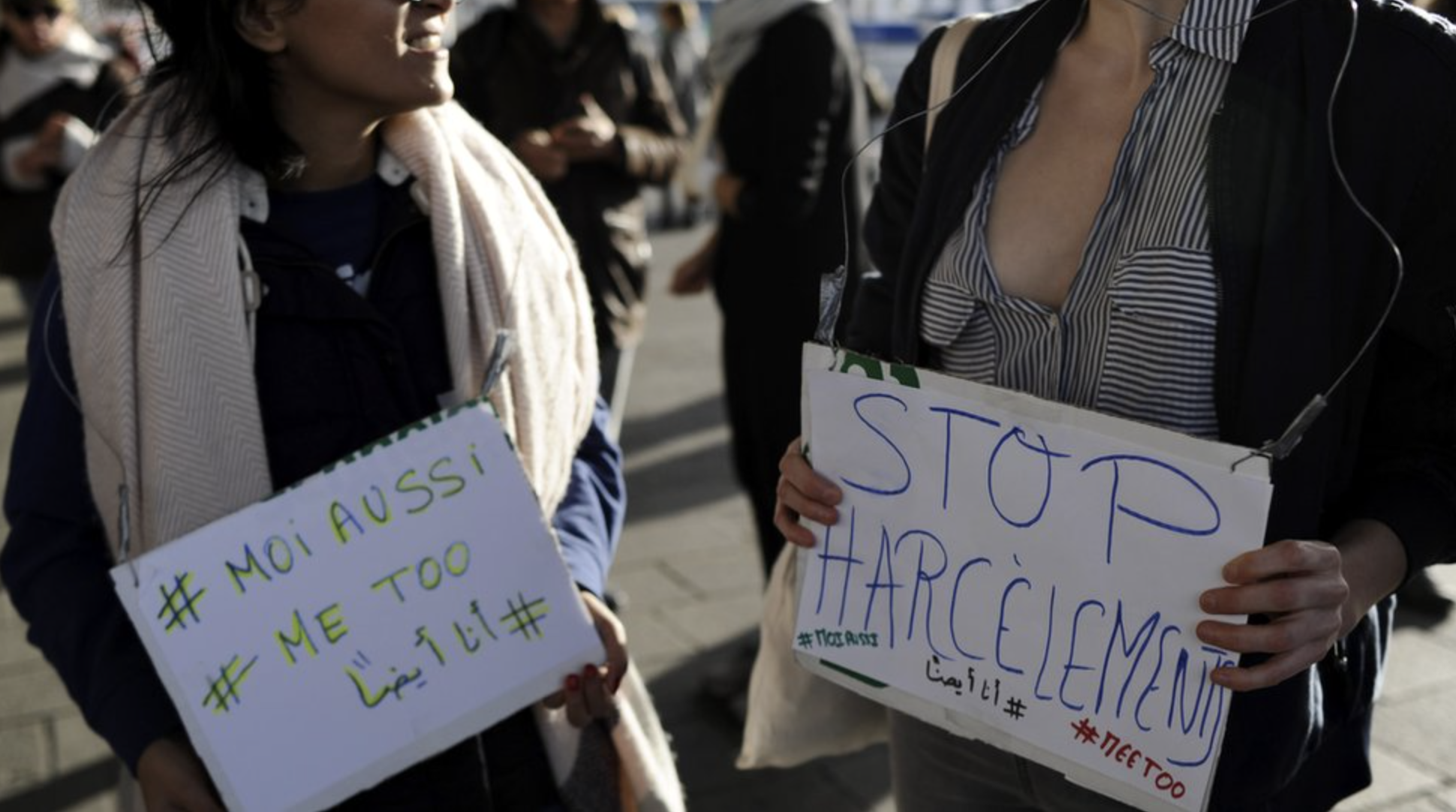France ratifies sexual assault Law
Courtesy: BBC
By: Brionna Gillis
The French parliament ratifies an amendment to add consent to the legal definition of sexual assault. In a 327-0 vote on Wednesday, the country’s senate passed the bill in favor of defining sexual assault as a non-consensual act after 51 men were convicted for the sexual assault of Gisel Pelicot.
France previously defined sexual assault along the lines of of force, as an act of penetration or oral sex committed with violence, coercion, threat, or surprise. The new law specifically mentions consent, and says that any sexual act done to another without consent constitutes as sexual assault.
“France’s new law is a monumental and long-overdue legislative victory. I believe it finally centers the law where it belongs; on the victim’s sexual autonomy, rather than on their physical struggle,” said Tanesca Dorcius, a second year criminal justice major. “I find that the French government has taken a decisive step toward replacing an antiquated “forced based” system with a progressive and human rights based “consent-based” model.”
The bill, first introduced in January, is a result of a cross-party, years long debate which gained renewed urgency after last year’s Pelicot sexual assault case, in which 50 men were found guilty of sexually assaulting Giselle Pelicot while she had been drugged unconscious by her husband Dominque.
The defence of the many accused hinged on the fact that they are not guilty because they were not aware Ms. Pelicot was not in position to give her consent. The new bill questions this defense as it says that consent must be “free and informed, specific, prior, and revocable”.
“I believe this sends a clear message that the victim’s trauma was a crime and not a failure because of incapacitation,” said Doricus.
In the wake of the #MeToo movement in 2016, France, along with other countries have updated their sexual assault laws. Countries including Spain, Germany, Denmark, Switzerland and dozens of more countries have adopted consent-based sexual assault laws, though not all use “yes-means-yes” models.
“Sexual assault is sexual assault and when is assault ever consensual? I think that worldwide regardless of different country policies and different country beliefs, we all should recognize sexual assault as something that needs accountability and something that needs to be punished,” said Trinity Mfoafo- M’Carthy, a third year strategic communications major on the pre-law track.
There are still a number of other developed countries following force-based sexual assault laws.

